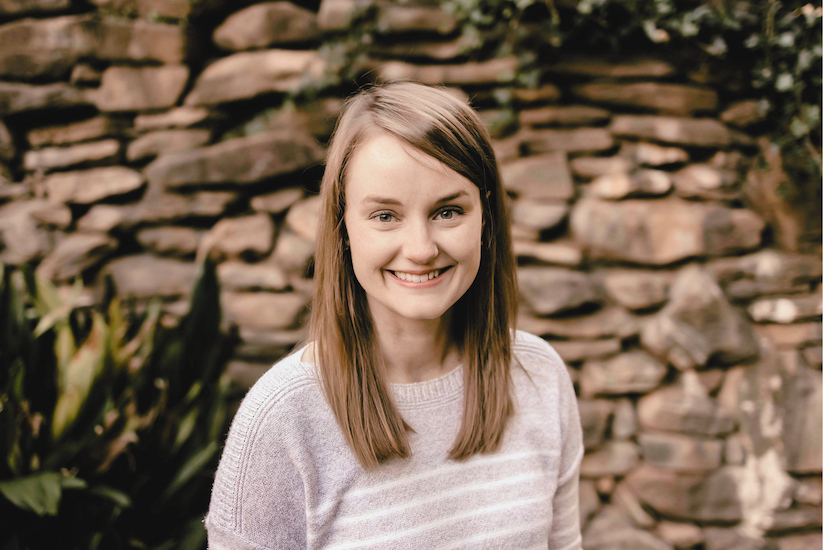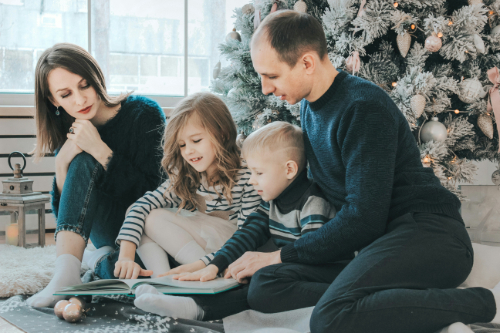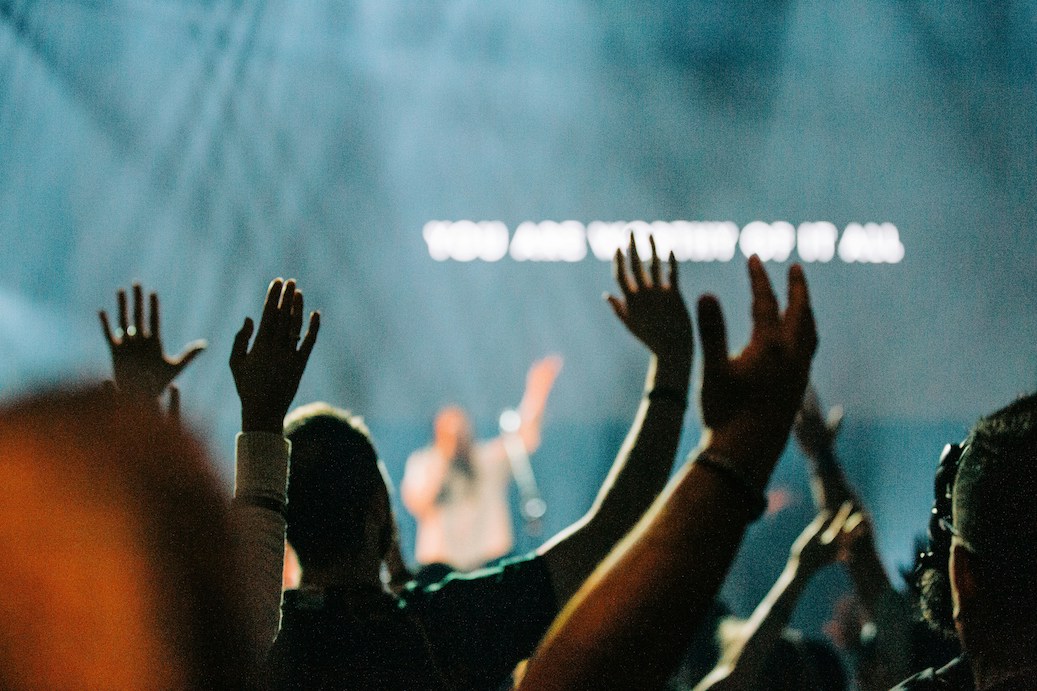My photos app reminded me of a trip my family took at the end of 2020. Having spent most of the year at home because of the pandemic, we traveled to Big Bend National Park. We figured going to the middle of nowhere was just as “safe” if not safer than sticking around our mega-city home.
It ended up being one of the best trips we have taken together. Big Bend was one of the most beautiful places I have ever been and it was good to get away after almost a year of staying home. But a lot of important conversations also happened on that trip.
You see, 2020 led me to the bottom of a years-long downward spiral in my mental and emotional state. I spent the year dealing with bouts of heightened fear and anxiety (which I regularly struggle with anyway), as well as anger. The anger surprised me and I didn’t know what to do about any of it.
While I’d like to blame it on COVID, the pandemic only exacerbated and accelerated what I had begun several years earlier. For years I allowed myself to dig into bad habits, habits that I leaned into even more once I was stuck at home.
Passivity had become my worst enemy.
The Slide
My daughter likes slides. She’s little enough that she goes down slowly on almost all of them, taking forever to reach the bottom. But one day, she got on a new one—one I didn’t realize was faster than all the others. The next thing I knew, she was on the ground at the bottom, flat on her back, staring up at me as if to ask “what just happened?”.
I feel like that’s a good metaphor for the situation I found myself in not two years ago. All of my bad habits were the slow, spiraling slides—kind of fun and harmless. They were habits that even the most mature Christians I know participate in: binge watching TV, scrolling social media for hours a day, reading mindless fiction. I was still disciplined in reading my Bible and praying, but I wasn’t engaging my mind beyond that hour each day. I was on auto-pilot.
And then, it was 2020 and a pandemic. I leaned harder into those bad habits—I had plenty of time to do so. Suddenly I was on the fast slide and I didn’t realize it until I was flat on my back at the bottom.
As one who already has a propensity towards a nasty combination of laziness and anxiety, leaning into habits that allowed me to become even more passive in my thought-life was extremely detrimental. Anxiety and fear used to be emotions I simply struggled with on a semi-regular basis. By the end of 2020, I was living in a state of anxiety, fear, and anger most of the time.
Something needed to change. My habits needed some serious reformation. Our Big Bend trip created an environment for my husband and I to have some important, convicting conversations. It turned out to be the reset I needed to actually commit to changing my habits.
Habits Changed
Over the past five years, I had lost the will and the ability to take my thoughts captive and to fight the lies my emotions so frequently tell me. I needed to reengage my mind.
First, I had to determine which habits were causing problems. For me, entertainment was Public Enemy Number One. Then, I had to make the choice to get rid of or limit all the mindless entertainment I consumed.
Over the course of 2021, I took a break from reading predominately fiction and went back to reading books like the ones I had read in seminary. I had already taken social media apps off of my phone because of some prior postpartum struggles. I took it a step further and completely deleted my Instagram and Facebook accounts.
But most significantly, I unsubscribed from our streaming services and almost completely turned off the TV. It was the thing I enjoyed most and the thing that was doing the most damage. Watching TV had become a coping mechanism for my anxiety. It gave me an escape, permission to ignore my feelings rather than deal with them. It fed me fiction instead of truth—so much so that I almost completely lost the ability to discern truth, especially during my lowest moments.
So, I cut it off. Over the course of last year, the number of television hours I watched was probably the same as my weekly total the year prior. (I’m so embarrassed to even think about it!)
Lessons Learned
I don’t remember a lot of specifics about the conversations we had on our Big Bend trip. But I remember two things: I was afraid that I couldn’t change but I also had to try.
Trevin Wax recently wrote something that helped me put words to something I had struggled with in that time—why, though I had continued to practice spiritual disciplines, I had spiraled so hard away from the truths of Scripture when it came to my emotions. He wrote:
And yet, whether through sin or suffering, it’s possible to lose the taste you once had for the Lord and his Word.
The Christian life that begins with spiritual astonishment at the glory of the gospel and the goodness and beauty of Christian truth—the wide-eyed surprise of the infant brought into a new world of grace—can descend into a spiritual malaise. Our eyes grow heavy and our tastebuds dim.
My refusal to actively fight against my sin led me to lose my taste for the Lord. It’s not that Scripture wasn’t—or isn’t—sufficient for life and godliness. It was that I stopped seeing it as such. I stopped tasting and seeing that the Lord is good.
And he is so good. I am not who I need to be, but I am also not the same person I was at the end of 2020. I still struggle with anxiety and likely will until Christ comes back. It is, among many other things, how sin manifests itself most obviously in my being. But the Lord has given me the will and is growing my ability to fight against the lies my feelings tell me. Because I am not feeding myself with fiction for hours a day, I more quickly remember what is true in moments of anxiety that used to feel impossible to overcome.
Changing my habits was the first step. It’s a work in progress, a daily choice. Habit changes aren’t the end-all, be-all, pull-yourself-up-by-your-bootstraps solution. They must be partnered with Scripture, prayer, and fellowship with the body of believers to make a lasting difference.
But when I was afraid I couldn’t change, the One who never changes (because He doesn’t have to) has been faithful to do a work in my heart that has led to more joy, hope, and peace in Him.
Photo by Daniel Ruyter on Unsplash




